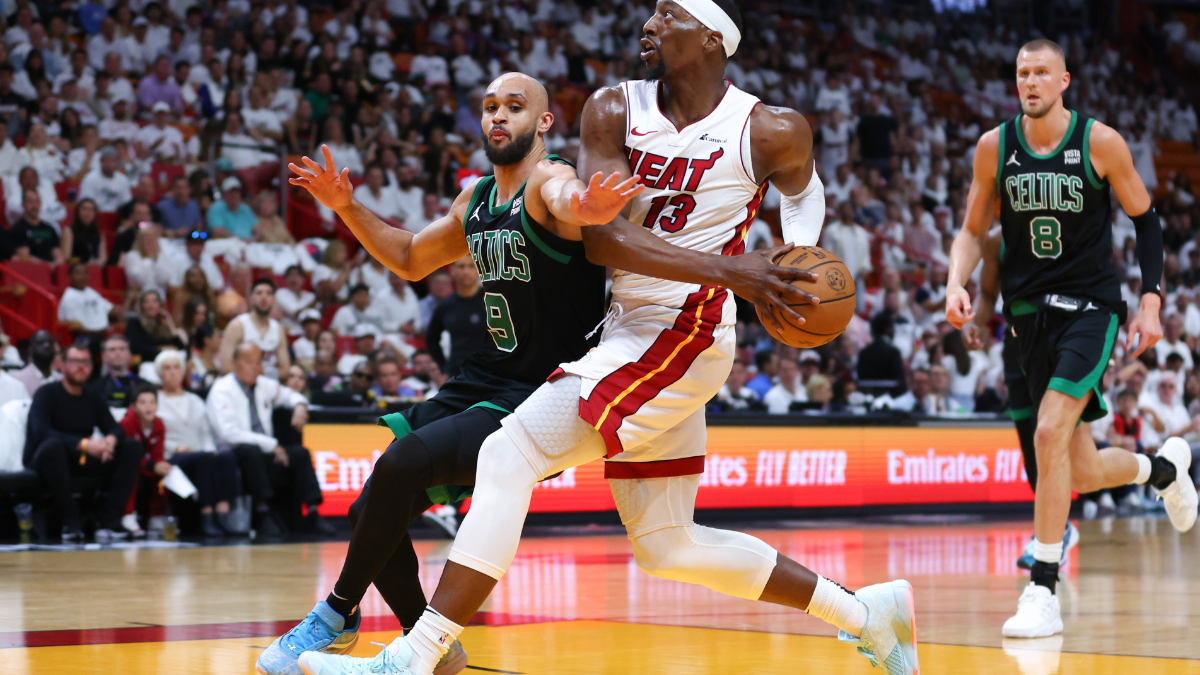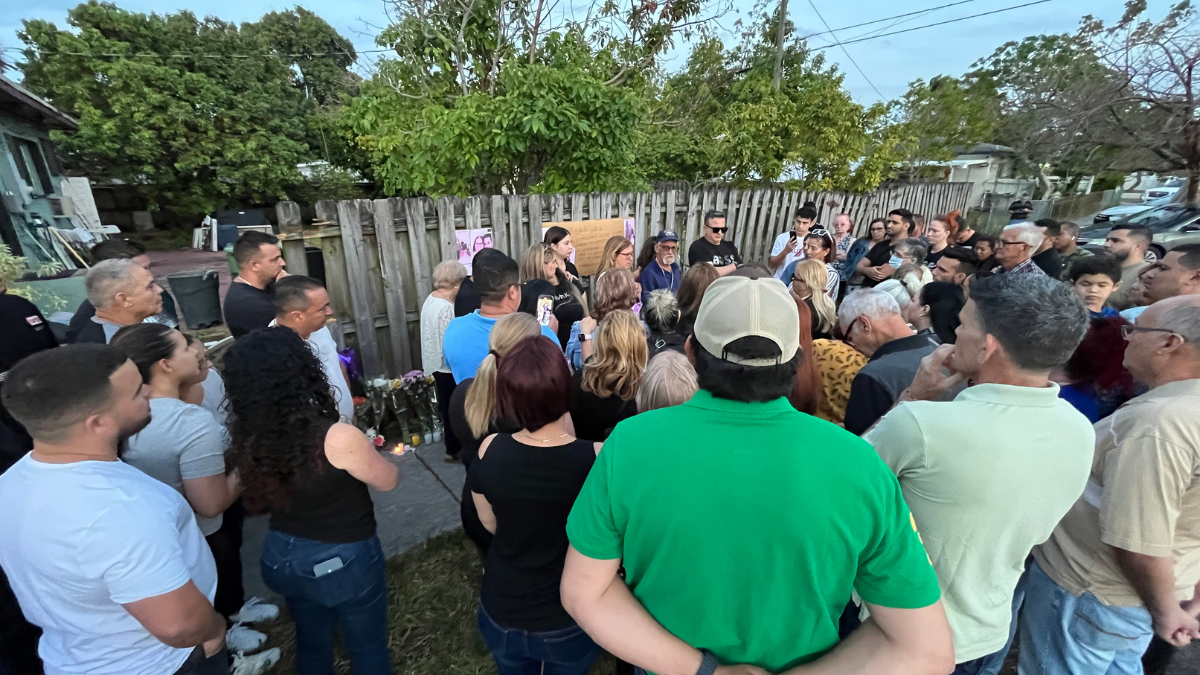An invisible line bisects Miami-Dade County, from south of Key Biscayne through Coral Gables and Hialeah to where the Homestead extension of Florida’s Turnpike begins its eastward curve at the Broward County line.
If you ever need trauma center care, which side of that line you’re on when you need transport by air or ground plays a big role in how much you may be charged once the final bills are tallied.
Crash a car, get shot or stabbed, fall from a rooftop or otherwise need trauma care from a scene on the eastern side of the line, and an adult is likely taken to Jackson Health System’s Ryder Trauma Center.
Current price of admission: $2,045, what the state calls a trauma response fee.
Need trauma care from the western side of the line, and it’s off to Kendall Regional’s trauma center.
It’s trauma fee: $23,445, more than 11 times the fee at Ryder.
And the differences in charges don’t stop there.
Local
To reveal how much area trauma centers charge for various services, the NBC 6 Investigators obtained records from the Florida Agency for Health Care Administration for more than 44,000 trauma center admissions in Miami-Dade and Broward counties between 2006 and 2014.
Comparing average charges from 2011, the year Kendall opened its center, through 2014, we found Kendall’s charges far exceeding those at three other centers that handle mostly adults: the trauma centers at Jackson’s Ryder in Miami; Broward Health Medical Center in Fort Lauderdale; and Broward Health North in Deerfield Beach.
- When trauma response fees were charged, Kendall’s patients averaged a fee of nearly $24,000, 951 percent higher than the average fee charged by the other three trauma centers ($2,282).
- Charges for anesthesiology averaged 412 percent higher at Kendall ($13,736 per patient) compared to the average of its three competitors ($2,682).
- Average operating room charges at Kendall ($29,608) were 325 percent higher than the others’ average ($6,960).
- Radiology charges averaged $61,102 for Kendall trauma patients, 235 percent higher than the $18,239 averaged at the other three centers.
- Total charges per day for each patient admitted as a trauma patient averaged $28,147 at Kendall – 161 percent higher than the per-day average of the other three ($10,783).
All four centers are certified by the state as having sufficient resources to be designated a trauma center: Kendall and Broward Health North at Level 2; Ryder and Broward Health Medical Center at Level 1, because they can accommodate pediatric patients and are teaching hospitals.
Trauma fees, anesthesiology costs, hospital staffing and affiliations were the last thing on Fred Hallock’s mind when a tree that was being trimmed fell on him as he walked across a patio in Key West last year.
He needed trauma care and fast.
“I could hear the tree snap but before I knew it I was down,” he recalled, then ticked off his injuries: “Three broken vertebrae in my back, broken femur off the top, broken foot and 12 staples in my head.”
Eventually airlifted to Kendall Regional, his charges totaled nearly $360,000 over 12 days.
His reaction when bills started to arrive, “Outrageous.”
The same word, though, in Spanish, "exorbitante," came to Alejandro Serrano, whose charges totaled $94,000 for a few hours of trauma care at Kendall following a car accident last June.
Both were assessed the $23,445 trauma response fee, according to statements sent to them by Kendall.
We asked spokeswomen for Kendall’s for-profit parent company, HCA, why Kendall’s response fee was 11 times higher than the one charged by the only other fully certified trauma center in Miami-Dade, Ryder, which is part of the non-profit, taxpayer-supported Jackson Health System.
It issued a statement saying the fee “reflects the cost in each community of mobilizing these resources for patients who receive trauma care.”
When we questioned again why its costs, reflected in its trauma activation, or response, fee, was so much higher than others in the community, HCA did not elaborate.
Instead, a spokeswoman again referenced the original statement, which also stated: “Rarely do charges, including trauma activation, represent the amount actually paid by patients,” citing Medicare, Medicaid and insurance plans as being more relevant to patient costs.
“Insurance plans negotiate their payments with providers and their members only pay their out-of-pocket expenses, such as co-pays and deductibles,” the statement read. “Uninsured patients do not pay for trauma activation because our uninsured discount is 100 percent for trauma activation.”
Yet, even though both Hallock and Serrano were uninsured, Kendall’s legal representatives placed liens against both patients, claiming they were “liable” for the “unpaid” total hospital charges, including the trauma response fees.
In response to our follow-up questions, an HCA spokesperson wrote, "As part of our uninsured discount, we don’t require uninsured patients to pay trauma activation fees. Sometimes, however, a patient that doesn't have health insurance may have access to payment for their care through a claim against a third party for liability. In that situation, we would seek appropriate payment for their care from the settlement or proceeds the patient receives from the third party."
HCA also referred us to this blog post from an industry group that discussed terminology in hospital charges.
We showed Kendall’s average charges for trauma care to Martha Baker, a longtime trauma nurse now on leave from Ryder while serving as president of a healthcare workers union. “That's outrageous … despicable,” she said. “They figured out the business model. Trauma makes money.”
HCA Holdings does indeed do that, posting profits of over $2 billion last year alone.
Kendall was one of 20 Florida hospitals on a list of 50 declared to be the biggest “price gouging” hospitals in the nation in a study published last year in the journal Health Affairs. The researchers compared each hospital’s charges to what it determined were the actual costs of providing the services.
In its statement, Kendall denied gouging patients.
When asked why its charges were so much higher than the tax-supported hospitals in the Jackson and Broward health systems, HCA’s spokeswomen did not cite the competitors’ non-profit status.
But Hallock’s attorney, Tom Scolaro, whose firm Leesfield Scolaro often negotiates hospital charges in its personal injury cases, said he sensed a difference.
“There’s a certain reasonable rate for a service and certain hospitals are well known to be well in excess of that,” Scolaro said. “There are certain hospitals like Jackson that charge reasonable marketable rates and there are those that come real close to taking advantage of the situation. People can do and charge what they want, but I would say at a certain point what is reasonable? There’s a difference between making a profit and being greedy and I think what we see in some of these bills is greed.”
While Serrano is still negotiating his financial responsibility, Scolaro was able to negotiate down Hallock’s bills to an undisclosed amount, paid for out of a confidential settlement Hallock reached with those he held responsible for the tree falling on him as it was being trimmed by his landlord’s contractor.
Hallock says he received good care at Kendall, but he wonders at what cost.
“I think someone’s making a lot of money on very injured people. They’re taking advantage of some traumatic incidents. Oh my god, it’s a shame,” Hallock said. “If I’m dying of thirst, don’t charge me $15,000 for a glass of water. I think that’s a bit much.”



